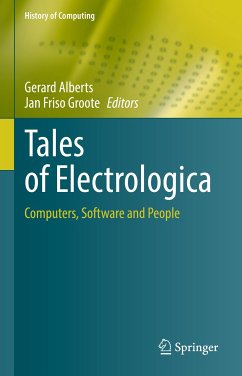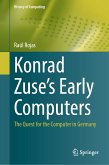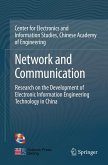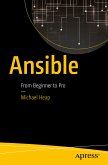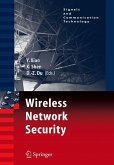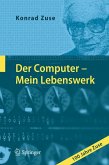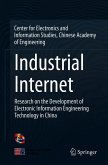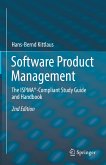The industrial achievement combined with the background in a mathematical research center made the company Electrologica a legend in Dutch computing. The tales in this book are told by those who have a right to tell. Highly engaged professionals take readers back to their pioneering work with the machines and in retrospect unveil some of the values, which went without saying in the 1960s.
- To disagree, Paul Klint relates the contrasting views on software in Dutch research traditions. ALGOL culture: Frans Kruseman Aretz takes the reader along to the detailed decisions on constructing compilers and shows the values of an ALGOL culture transpiring.
- Signposts: Dirk Dekker for the first time 'owns' his algorithm for mutual exclusion.
- Inparticle physics: René van Dantzig's use case was an Electrologica X8 computer controlling two other computers in three-dimensional detection of colliding particles.
- Early steps in AI: Lambert Meertens' tale of the X8 machine composing a violin quartet comes with his original presentation, as well as the code in ALGOL 60.
The reflections of first hand experiences combine well with the second thoughts of historical research into archival sources. Historians Huub de Beer and Gerard Alberts offer a view into the boardrooms of the local enterprise Electrologica, and of the electronics multinational Philips. Where pioneers and historians meet in an inspiring dialogue, the reader gains a view on the often implicit decisions constituting the field.
Fortuitously, a copy of the X8 was retrieved from Kiel, Germany, and put on display at Rijksmuseum Boerhaave, Leiden. Sparked by the very material presence of an X8, the present book takes stock of the state of historiography of Electrologica.
Gerard Alberts is an associate professor in History of Digital Cultures, retired from the University of Amsterdam. Jan Friso Groote is a full professor of Formal Methods at the Eindhoven University of Technology.
Dieser Download kann aus rechtlichen Gründen nur mit Rechnungsadresse in A, B, BG, CY, CZ, D, DK, EW, E, FIN, F, GR, HR, H, IRL, I, LT, L, LR, M, NL, PL, P, R, S, SLO, SK ausgeliefert werden.

